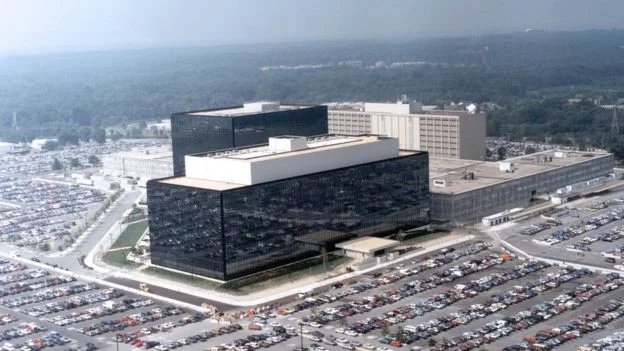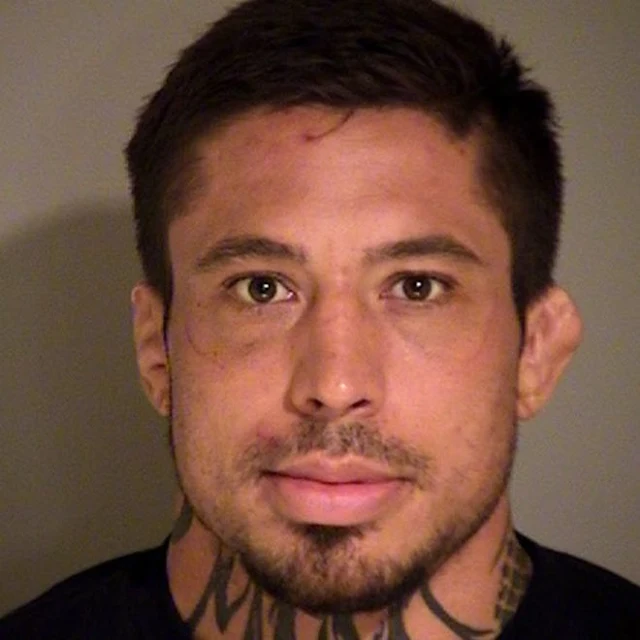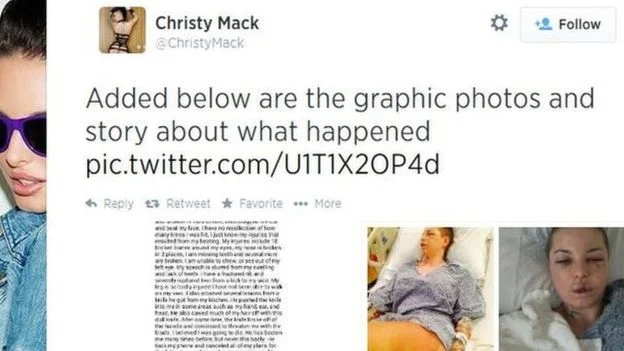London attack: Third London Bridge attacker named
The third London Bridge attacker has been named as 22-year-old Youssef Zaghba, a Moroccan-Italian man.
Pakistan-born Khuram Butt, 27, and Rachid Redouane, 30, both from Barking were the other two attackers.
Meanwhile,
another victim has been named as Australian nurse Kirsty Boden, 28, who
her family said had run towards London Bridge to help people.
Seven people were killed and 48 injured in Saturday night's attack - the three attackers were shot dead by police.
Fresh arrest
Zaghba,
Butt and Redouane drove a hired van into pedestrians on London Bridge
at 21:58 BST before stabbing people in the area around Borough Market.
Armed officers killed all three within eight minutes of receiving a 999 call.
The
Metropolitan Police said Butt had been subject to an investigation in
2015, but there had been no suggestion this attack was being planned.
In other developments:
- Theresa May says she expects a review will be launched by the police and security services following the attack, amid an election row over police numbers
- The Metropolitan Police said a 27-year-old man had been arrested in Barking on Tuesday in connection with the investigation
- A property in Ilford, east London, was also searched by police at about 01:30 BST, but no arrests had been made, the Met said
- The Prince of Wales and Duchess of Cornwall visited injured members of the public at the Royal London Hospital
- NHS England said 32 people remained in hospital, with 15 in a critical condition
- A national one-minute silence was held in the UK in memory of those who were killed
- All 12 people arrested on Sunday after the attack have now been released without charge
The so-called Islamic State (IS) group has said its "fighters" carried out the attack.
An
Italian police source has confirmed to the BBC that Zaghba, who lived
in east London, had been placed on a watch list, which is shared with
many countries including the UK.
In March 2016, Italian officers
stopped Zaghba at Bologna airport and found IS-related materials on his
mobile phone. He was then stopped from continuing his journey to
Istanbul.
- Latest updates
- In pictures: Tributes to victims
- How are UK extremists radicalised?
- London attack: What we know so far
Redouane was a chef who also used the name Rachid Elkhdar and
police said he claimed to be Moroccan-Libyan. He married a British woman
in Dublin in 2012 and lived in Rathmines in the Irish capital.
What did police know about Khuram Butt?
Butt featured in a Channel 4 documentary last year about Islamist
extremists with links to the jailed preacher Anjem Choudary called The
Jihadis Next Door.
The married father-of-two, who worked for
London Underground as a trainee customer services assistant for nearly
six months last year, could be seen in the programme arguing with police
officers in the street, after displaying a flag used by IS in a London
park.
Two people in Barking, east London, had also raised concerns about Butt, BBC home affairs correspondent Dominic Casciani said.
Metropolitan
Police assistant commissioner Mark Rowley said an investigation into
Butt began in 2015, but "there was no intelligence to suggest that this
attack was being planned and the investigation had been prioritised
accordingly".
At any one time there are about 500 active counter-terrorism investigations concerning 3,000 people of interest.
Who were the victims?
So far three of those killed in the attack have been named.
Ms
Boden worked as a senior staff nurse at Guy's and St Thomas' Hospital in
London. Her family have described her in a statement as an "outgoing,
kind and generous person".
"We are so proud of Kirsty's brave
actions which demonstrate how selfless, caring and heroic she was, not
only on that night, but throughout all of her life," they added.
The
hospital said that Ms Boden was "an outstanding nurse and a hugely
valued member of the staff team in Theatres Recovery, described by her
colleagues as 'one in a million' who always went the extra mile for the
patients in her care".
Canadian national Chrissy Archibald, 30, was the first victim to be named. Her family said she had died in her fiancé's arms after being struck by the attackers' speeding van.
And the family of 32-year-old James McMullan, from Hackney, east London, say they believe he also died.
Mr McMullan's sister said he was believed to be among those who died, after his bank card was found on a body at the scene.
A French national was also killed in the attack, according to foreign minister Jean-Yves Le Drian.
The Met have set up a casualty bureau on 0800 096 1233 and 020 7158 0197 for people concerned about friends or relatives.
BBC NEWS

















